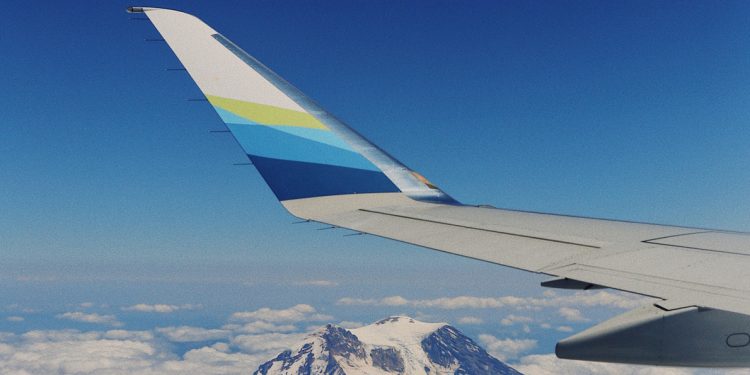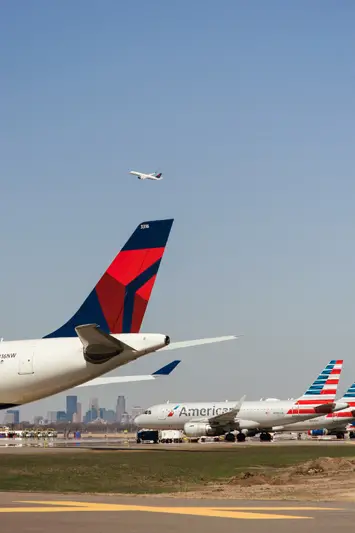Airline Stocks Fall as Strike Action Threat Adds to Travel Chaos

You can’t switch on the TV, pick up a newspaper or browse the internet without seeing the current trials and tribulations of passenger problems at airports at the moment. Security issues here. Flight cancellations there. Holiday’s ruined because of delays and queues.
And with multiple strikes on European and British airlines on the way this summer, with British Airways workers becoming the latest to join the industrial action, Airline stocks have plummeted.
Just recently, EasyJet shares have hit an 18-month low, as crew shortages add to the list of service issues affecting the sector. And it doesn’t look like improving any time soon.
Michael Hewson, Chief Market Analyst at CDF trading provider CMC Markets UK, says: “Capping the problems facing the industry the airlines are now having to contend with the prospect of strike action, which is set to affect all the major carriers, as walkouts start to affect the schedules of Ryanair, as well as British Airways, with the prospect that these could spread.”
A difficult period
 This summer could be havoc for holidaymakers and workers traveling abroad due to the ongoing industrial action not just taking place in the UK but also across Europe.
This summer could be havoc for holidaymakers and workers traveling abroad due to the ongoing industrial action not just taking place in the UK but also across Europe.
The downturn on results in the travel sector aren’t just restricted to the airline industry though. The cruise industry has also had a difficult period.
“Pre-pandemic in 2019, Carnival annual revenues were $20.8bn, and don’t look like getting anywhere near that much before 2023” Mr. Hewson said. “At the end of its 2021 fiscal year annual revenues collapsed to $1.9bn, and while we’re on course to beat that number quite comfortably, as well as the 2020 number of $5.6bn, it will be some time before normal service is resumed.”
Huge quarterly losses have also been reported, with indications pointing to inflation being the reason for booking rates dwindling.
“Today’s Q2 numbers have seen losses come in at $1.8bn, pushing H1 losses to $3.7bn,” Michael Hewson said. “H1 revenues rose to just over $4bn, with $2.4bn of that coming in Q2, an almost 50% increase on Q1. Occupancy rates in Q2 rose to 69%, however, there is increasing evidence that rising inflation is causing a slowdown in booking rates, which has meant H2 bookings while increasing are at the expense of lower prices. 2023 looks slightly better in terms of the outlook and that appears to be offering a lift to the share price which has risen sharply, helping lift the rest of the sector in the US.”
With the pandemic still on the mind of many, especially when it comes to travel, it’s likely that the travel industry is likely to recover slowly from the financial impact of the last few years. People are itching to get away, but both holiday makers and corporate travellers will be keeping a close eye on developments over the coming months and making shrewd decisions on whether to have a vacation in their own country in 2022 or decide if that business meeting could just be conducted over Zoom.









